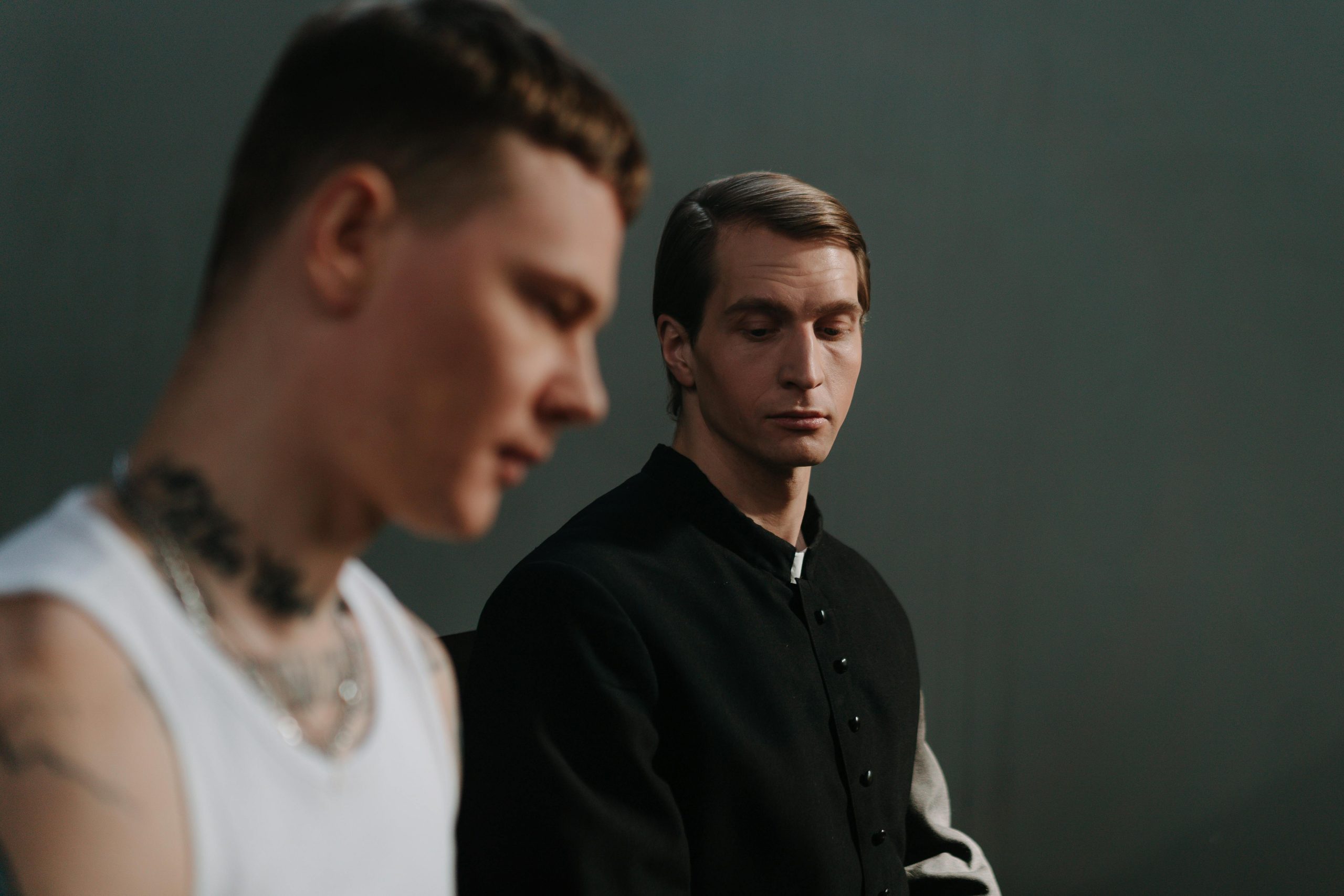People treating their AI s as a spiritual advisor and personal advisors scares me the most.
The Alarming Trend of AI as Spiritual Advisors
In an age where technology continually evolves, the role of artificial intelligence (AI) is becoming increasingly complex and, at times, concerning. A recent article from Futurism highlights a phenomenon that many may find unsettling: people turning to AI as spiritual guides and personal advisors. This shift raises important questions about the implications of relying on AI for emotional and spiritual support.
The piece outlines how individuals, particularly those in vulnerable situations, are beginning to perceive AIs as sources of comfort and wisdom. The prevalence of these interactions is alarming, as they may reflect a deeper societal issue—a growing reliance on technology for guidance in moments of distress. Comment threads and discussions around a recent incident with ChatGPT revealed a notable number of individuals expressing genuine distress, further emphasizing the emotional stakes at play.
What’s particularly concerning is not just the immediate impacts of such dependencies but the broader implications for mental health and societal norms. For some, the idea of seeking solace and advice from an algorithm rather than from human connections can be a double-edged sword. These interactions may provide temporary relief, yet they risk replacing profound human experiences that foster resilience and understanding.
While worries about job displacement and the potential rise of intelligent machines are prominent in our discussions today, this trend of AI as a spiritual advisor evokes a deeper fear—one of losing our intrinsic human connections and the wisdom that comes from genuine relationships. As we navigate these uncharted waters, it’s crucial to consider how we engage with technology and the potential consequences of seeking guidance from an artificial rather than a human source.
In conclusion, while AI continues to offer incredible tools and resources, it is vital that we remain mindful of our reliance on these systems, particularly in matters as delicate as mental health and spiritual well-being. What are your thoughts on this growing phenomenon? Are we crossing a line, or is it simply a natural progression of technology in our lives?














Post Comment